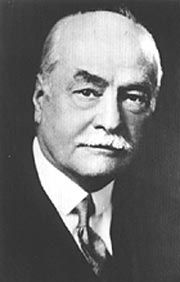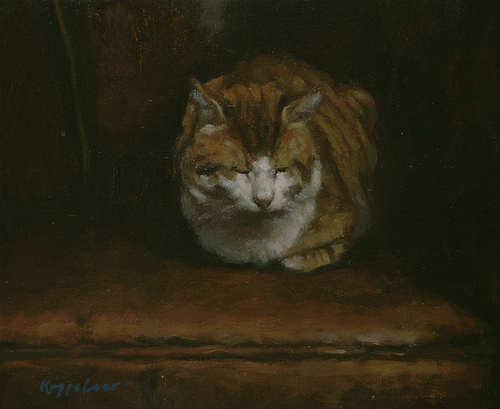A lady, of the name of Morris, the wife of Major Morris, had lately the courage to descend in the diving-bell, at Plymouth, and was probably the first of her sex who has penetrated into ‘the dark unfathom’d caves of ocean.’ On this occasion, whilst under water, she wrote a note to her father, which concluded with the following lines:
From a belle, my dear father, you’ve oft had a line,
But not from a bell under water;
Just now I can only assure you I’m thine,
Your dutiful, diving, affectionate daughter.
— J. Taylor, Eccentric and Humorous Letters of Eminent Men and Women, 1824




